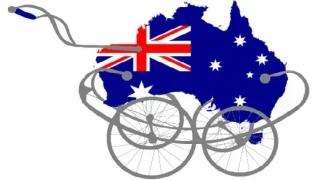
Charter schools and free schools – publicly-funded, privately-managed schools – have been introduced in several countries around the world as a way of extending school choice, particularly for low income families. This report examines the policies and research on charter schools and their equivalents in five countries –USA, Sweden, Chile, England and New Zealand. Research shows that certain types of charter schools have a strong positive impact on the academic achievement of disadvantaged students. For-profit schools have mixed results on average, but some school management companies have been successful. The policy context and governance arrangements are critical. Australian governments should consider introducing charter schools, with careful attention to the policy and regulatory lessons from the experience in other countries.










